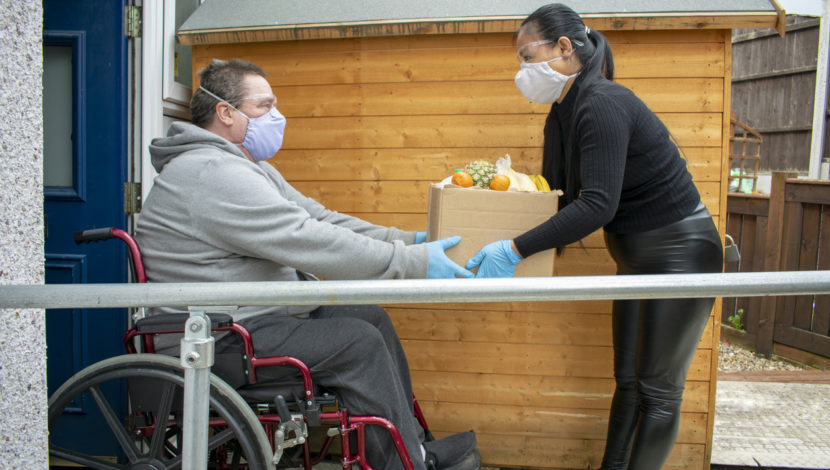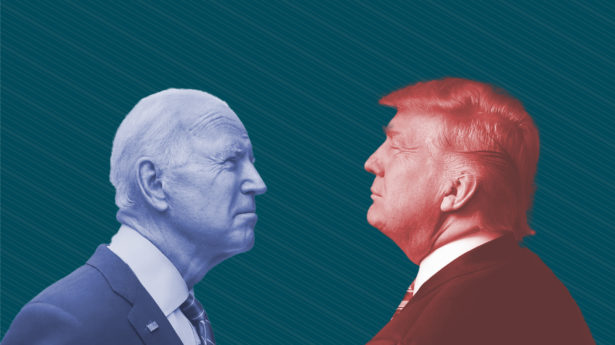The Unitarian Universalist Service Committee advances human rights through grassroots collaborations.
Trump’s Sabotage of COVID-19 Relief Talks Leaves Communities Stranded

By on October 9, 2020
On Tuesday afternoon, President Trump said he was unilaterally ending talks around a further COVID-19 relief package—dashing hopes for further life-saving aid for communities facing historic levels of unemployment and a deadly virus. While comments from the president late in the day partially walked back this ultimatum, his statement remains a major barrier to efforts to pass another recovery and stimulus bill through Congress. Further, by initially pledging not to allow negotiations until after he “wins” on November 3, Trump implied he would hold the nation hostage to voting in his favor: a further demonstration of the authoritarian mentality he has increasingly evinced in the lead-up to the election.
Trump’s comments come as the death toll from the virus in the United States has topped 210,000; more than one million people have perished from the disease globally; and multiple high-ranking members of the Trump administration—including the president himself—have recently tested positive for coronavirus, due to their deliberate and comprehensive disregard of the government’s own public health protocols. Torpedoing negotiations at this stage of the COVID-19 crisis displays an almost mind-boggling contempt for human life and the responsibilities of high office.
At stake in pending relief negotiations are trillions of dollars needed to 1) sustain livelihoods at a time of mass unemployment; 2) forestall evictions and foreclosures resulting in homelessness; 3) keep state and local governments from having to lay off or furlough employees; 4) provide life-saving equipment for essential workers; and 5) ensure access to clean running water and other basic needs. The people most harmed by a failure to replenish these funds will include Black, Indigenous, and Latinx communities disproportionately affected by the virus, women of color working as frontline workers, and immigrant taxpayers and mixed-status families unjustly excluded from earlier rounds of relief.
Also under debate in the negotiations are funds for international aid—an extremely urgent matter in light of a global caseload for the virus that now exceeds thirty-five million and a worldwide contraction in economic output that is increasing levels of extreme poverty for the first time in a generation. In spite of this dire situation, U.S. international relief money focused on the pandemic has largely dried up since the CARES Act passed in late March. It is vital that Congress replenish these funds now and help mitigate the global humanitarian crisis spurred by the virus and its economic fallout.
The House of Representatives has now twice approved legislation that would achieve many of these goals. Both the HEROES Act, which passed the chamber in May, as well as an updated version of the bill, which passed on October 1, include funding for some of the most pressing needs communities identified to weather the crisis. The Senate should take up one or both of these bills immediately and send them to the president’s desk.
***
About UUSC: Guided by the belief that all people have inherent worth and dignity, UUSC advances human rights globally by partnering with affected communities who are confronting injustice, mobilizing to challenge oppressive systems, and inspiring and sustaining spiritually grounded activism for justice. We invite you to join us in this journey toward realizing a better future!
Photo Credit: iStock – Des Green

